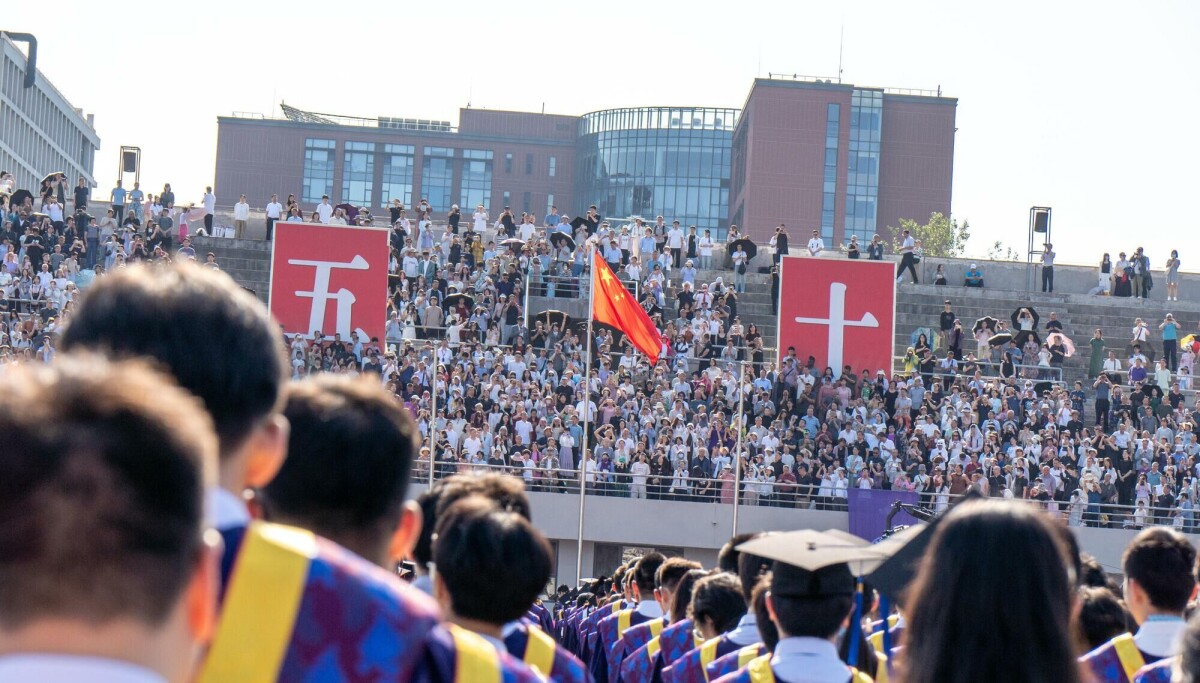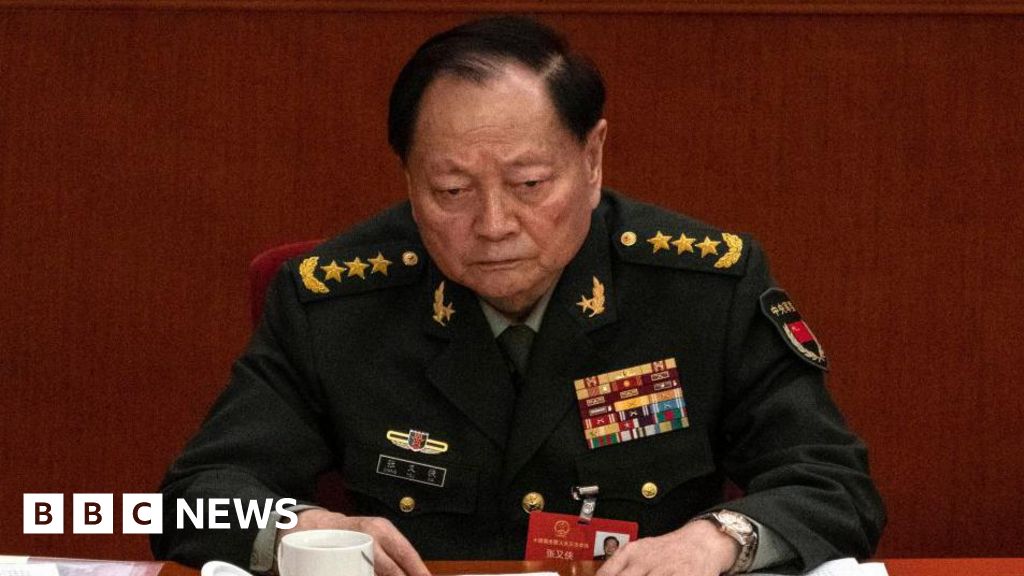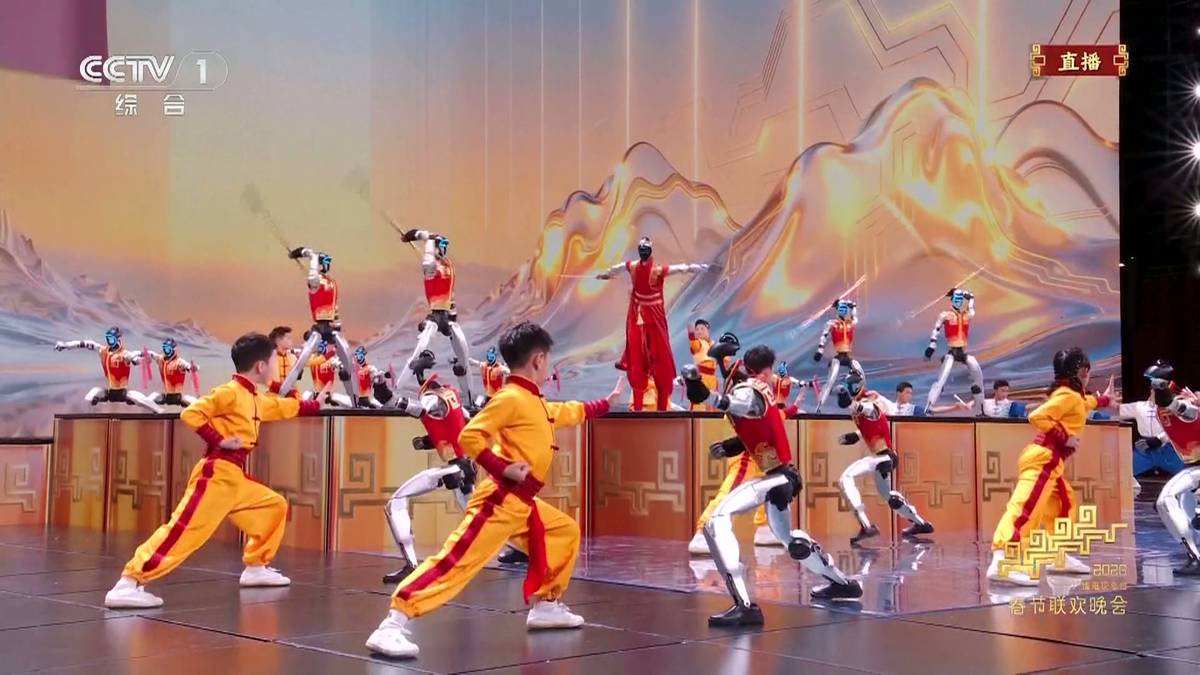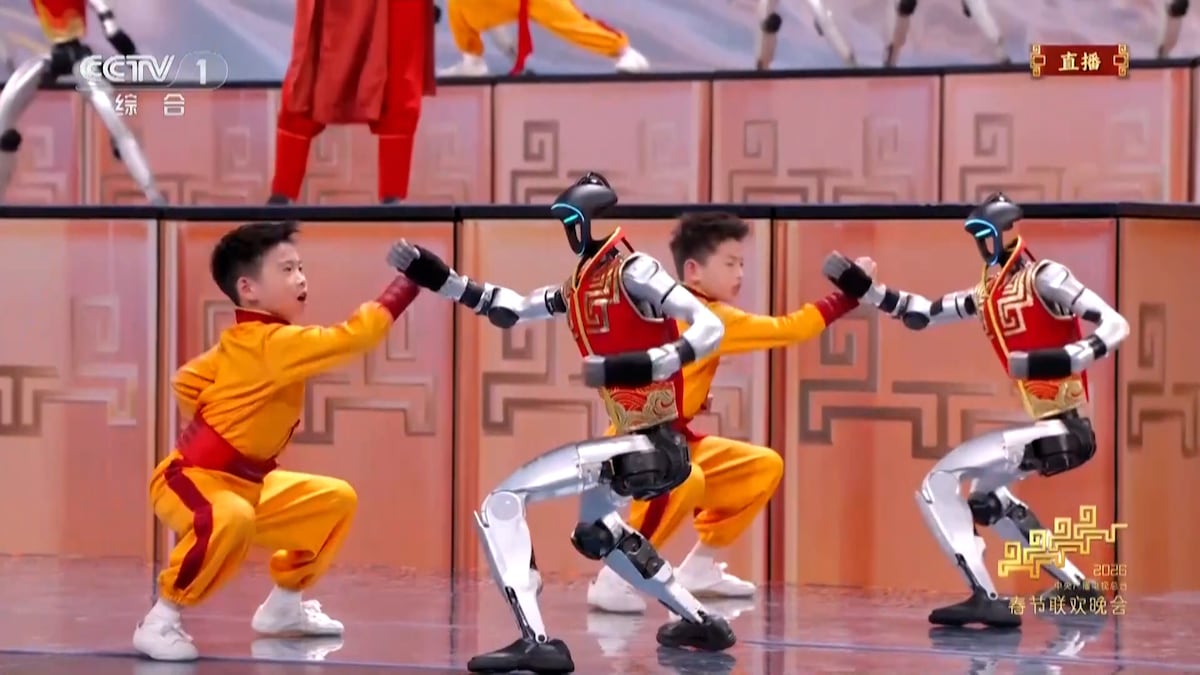Kina dundrer på, med en oppsiktsvekkende transformasjon av landet, som gjør at de fleste ligger tyve år bak når de skal vurdere hva som foregår i Kina.
Aftenposten om forskningskompetansen i Midtens Rike.
I løpet av 20 år har det skjedd et dramatisk skifte innen forskning. Bør studenter dra til Kina for den beste utdanningen?

www.aftenposten.no
I 2003 var Kina best i verden på fire teknologiske forskningsområder. USA ledet an i over 50 av dem.
I løpet av to tiår er dette bildet snudd på hodet.
Nå er ni av de ti beste universitetene innen banebrytende forskning, kinesiske, ifølge en ny
rapport fra Australian Strategic Policy Institute (ASPI).
Best på viktig forskning
Instituttet har analysert millioner av forskningsartikler fra verdens universiteter. Med data fra disse artiklene er universitetene blitt rangert innen 64 viktige teknologier for fremtiden.
Forskningen som kommer fra Kina, ligger på førsteplass i 57 av teknologiene. USA ligger øverst i de resterende sju.
– Vi er på vei mot en situasjon der kinesiske universiteter står for den ledende forskningen. På mange områder er vi allerede der, sier Bethany Allen, som har ledet prosjektet til Aftenposten.
Universitetet som kommer best ut på rangeringen, er Tsinghua-universitetet i Beijing.
Tsinghua ligger blant topp ti i 29 av de fremtidsrettede fagområdene. På teamene motstandsdyktig kunstig intelligens og autonome systemer scorer de best av alle.
Massachusetts Institute of Technology (MIT) rangerer best av de amerikanske universitetene.
Rapporten til ASPI handler kun om forskning, ikke om faktisk innovasjon eller teknologiutvikling i den virkelige verden.
– Men land som rangerer høyt innen forskning, dominerer som regel industrielt i løpet av få år, sier Bethany Allen.
Trump ønsker å bremse inntaket av utenlandske studenter
I flere år har de prestisjefylte Ivy League-skolene i USA tiltrukket seg de beste studentene fra hele verden. I
2024 studerte rundt en million utenlandske studenter i USA. India og Kina er de landene som sender flest.
Rapporten til ASPI kommer etter en sommer der Trump-regjeringen har forsøkt å begrense internasjonale studenter.
I august skrev det tidligere kongressmedlemmet og republikaneren Mike Gallagher en kommentar i avisen
Wall Street Journal. Der argumenterte han for at kinesiske studenter burde reise hjem fra USA.
Han skriver at det er «absurd å samarbeide akademisk med en geopolitisk rival».
Hvordan beskytte egen forskning?
– For første gang på lenge ser vi at amerikanske politikere betrakter tilgang til amerikansk universitetsforskning som et maktverktøy. De ser på det som en ressurs for nasjonal innflytelse som kan slås av og på, sier Bethany Allen.
Allen mener det er helt legitimt å stille spørsmål ved hvordan man kan beskytte resultater av egen forskning.
Men å stenge universiteter for utenlandske studenter er ikke veien å gå, mener hun.
– Hvis man hindrer kinesiske studenter i å reise til amerikanske universiteter, vil resultatet være at de får like god, eller bedre, opplæring i Kina. De smarteste hodene forblir der, sier hun.
De fleste kinesere som studerer i USA, kommer fra velstående familier og bruker store summer.
– Kinesiske studenter betaler premium-priser for en utdanning amerikanere selv betaler mindre for, sier Allen.
USA er fortsatt best på utdanning
Til tross for at republikanere tar til orde for å bremse inntoget av internasjonale studenter, er USA fortsatt det beste stedet å reise for utdanning, ifølge Allen.
For selv om kinesiske universiteter nå ligger foran på forskning, har ikke Kina noen god tradisjon for å hente utenlandske studenter.
– Mye av den imponerende forskningen som foregår ved kinesiske universiteter, vil være utilgjengelig enten på grunn av språkbarrierer eller fordi de er sikkerhetsklassifiserte, sier hun.
En annen grunn er at kinesiske universiteter ligger bak innen samfunnsvitenskap. Det finnes også forskningstemaer som er politisk sensitive – felt man ikke kan undervise i, forske på eller skrive fritt om.
– De tilbyr ikke den brede, frie utdanningen som du får ved universiteter som Harvard eller Yale, sier hun.
Spår mindre samarbeid med USA
USA er Norges viktigste samarbeidspartner innen forskning. Samarbeidet står fortsatt sterkt på områder som medisin, helsevitenskap og samfunnsvitenskap.
Når det gjelder teknologiforskning, er det imidlertid Kina som leder an for Norge.
– Det er ikke snakk om at Norge skal begynne å se til Kina etter hvert. Det gjør vi allerede, sier Fredrik Niclas Piro, forskningsleder ved NIFU.
– Særlig på de tingene som trekkes frem i rapporten: kunstig intelligens, IKT, kvanteforsknin og den type ting, sier han.
Kina fortsetter å øke støtten til forskning. Trump-administrasjonen har foreslått
massive kutt.
– USA ser ut til å bli mer isolasjonistisk som forskningsnasjon. Jeg tror samarbeidet med dem blir mindre de neste årene dersom det ikke skjer politiske endringer, sier Piro.
















